ANALYSIS | Who is Denmark’s greatest cyclist right now: Mads Pedersen or Jonas Vingegaard?
CyclingMonday, 02 June 2025 at 21:30
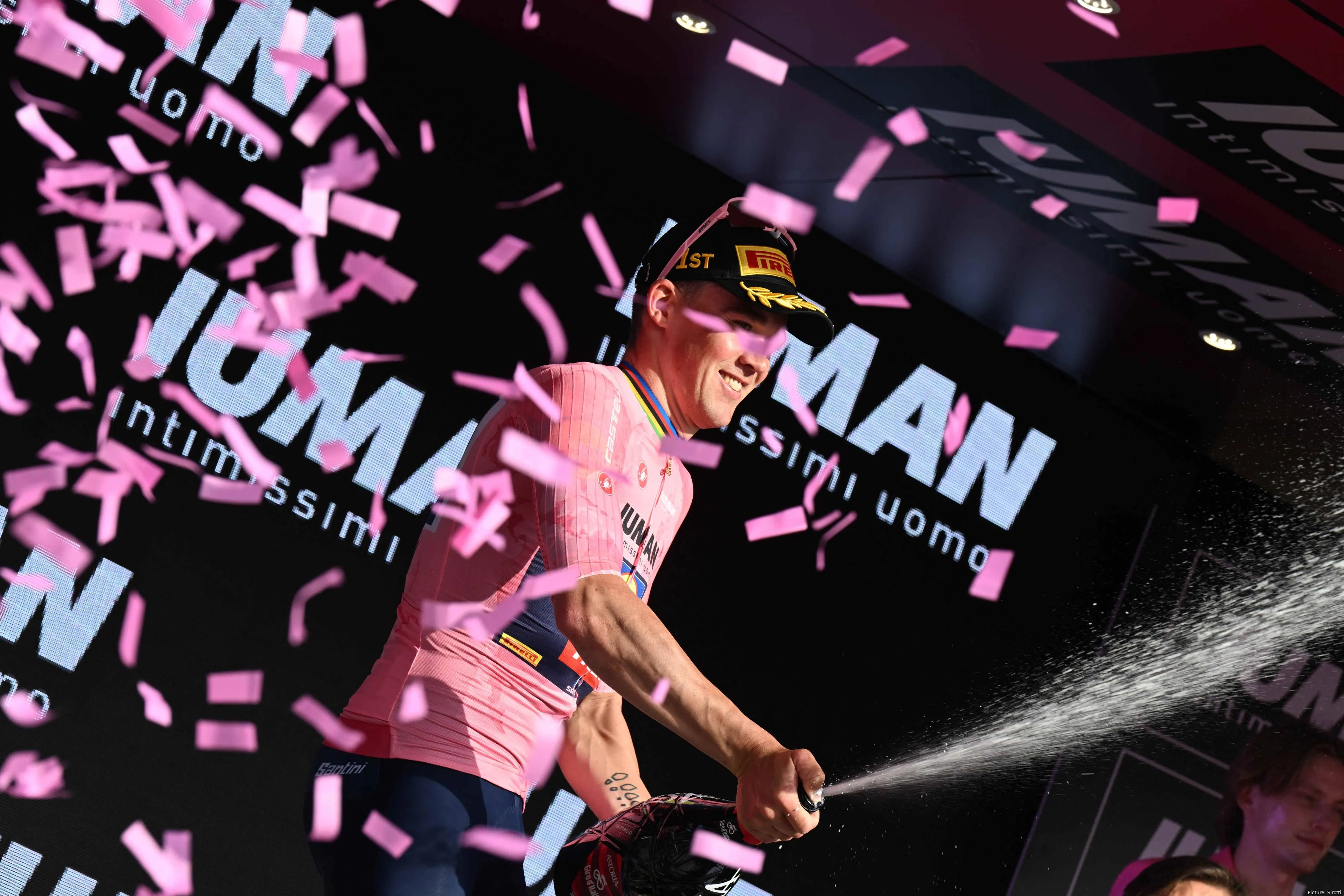
We are currently living through the era of Mads Pedersen.
The 29-year-old Dane, a former world champion, put together the grand tour of his career at
the 2025 Giro d’Italia. Five stages into the race, Pedersen already had three
wins to his name, including a punishing uphill sprint while wearing the Maglia
Rosa.
By the end of the three week race, Mads Pedersen won four stages and the points classification, proving himself the best sprinter/classics style rider in the race. Ahead of Wout van Aert!
But his Giro exploits have reignited a broader debate in Danish cycling
circles: who is the nation’s number one rider, Mads Pedersen or two-time Tour
de France champion Jonas Vingegaard?
Read also
On paper, they couldn’t be more different. Vingegaard is a
Grand Tour general classification specialist, a high-altitude climbing machine
capable of dismantling the best in the world on long mountain stages. Pedersen,
meanwhile, is a stage hunter, a classics star, and a sprinter who thrives on
chaotic finishes, short climbs, and raw physical power. In fact, Pedersen
doesn’t even bother with altitude training, where Vingegaard thrives!
It’s a comparison of two riders operating in completely
different spheres of the sport. But with Pedersen’s relentless form this season,
and his growing list of career wins, it’s only natural that comparisons have
emerged.
During the early stages of the Giro, Danish cycling legend Michael Rasmussen commented
on the debate in an interview with Viaplay. He reminded fans of just how high
the bar is when discussing Vingegaard:
Read also
"Should his (Mads Pedersen) many, many victories really
be weighed against two overall Tour de France wins and two additional podium
finishes?" asked Rasmussen. "Let’s not forget that. To stand on the
podium four times at the Tour de France, that's seriously impressive.”
Rasmussen isn’t wrong, Vingegaard’s Tour de France CV is
already historic. He won the race in both 2022 and 2023, beating Tadej Pogacar
on both occasions. In 2022, it was his brutal performance on the Col du Granon
that broke Pogacar’s spirit and reshuffled the Grand Tour hierarchy. In 2023,
he was even more dominant, crushing the Slovenian in the stage 16 time trial by
over a minute and then consolidating his lead with clinical climbing.
Read also
In fact, we as cycling fans owe Vingegaard one. If you think
Pogacar makes cycling boring now, think again. If it wasn’t for Vingegaard,
Pogacar would have won the past five editions of the Tour.
So thank you Jonas!
Vingegaard’s Grand Tour pedigree is second to none among
active riders, perhaps only rivalled by Pogacar and Primoz Roglic. In addition
to his Tour victories, Vingegaard finished second at the Vuelta a España and
won the mountains classification at the Tour. He’s also a winner of the
Critérium du Dauphiné, a key Tour warm-up race that he will return to this weekend.
His path to the top wasn’t easy either. Vingegaard had to usurp
Primoz Roglic at Visma, a five-time Grand Tour winner and an all-time great in
his own right. That transition could have broken a lesser rider, but Vingegaard
used the opportunity to prove he was the future.
Read also
The fact he has had to beat
not only Pogacar, arguably the greatest cyclist of this era, but also compete
against the likes of Remco Evenepoel, a world champion in both road and time
trial and a winner of both Liège–Bastogne–Liège and the Vuelta, only
strengthens his case.
And yet, despite the grandeur of Vingegaard’s achievements,
Pedersen is putting together a résumé that demands respect.
He already has 54 professional wins to his name, compared to
Vingegaard’s 38. Pedersen has won ten Grand Tour stages, five at the Giro, three at the 2022 Vuelta a España, and two at the Tour de France, while
Vingegaard has six. Pedersen was world champion in 2019, Denmark’s only elite
men’s road world title, achieved in cold, brutal conditions in Yorkshire where
he outsprinted Matteo Trentin after one of the most brutal racing days we will
ever see.

Mathieu van der Poel has regularly denied Pedersen a monuments win
His palmarès in the classics is impressive. He’s won
Gent–Wevelgem three times, a feat matched by only a handful of riders in
history. He has also taken victory at Kuurne–Brussels–Kuurne, and is
consistently a factor at the Tour of Flanders, Paris-Roubaix, and
Milan-Sanremo.
What Pedersen lacks, however, is a Monument win. No thanks to Mathieu van der Poel and Tadej Pogacar...
That
single-day race win at the very top level in the spring, the kind that defines
careers, is missing from his list. If he can secure one, then the comparison
with Vingegaard becomes much closer. A Monument, alongside his Grand Tour stage
haul, points jerseys, and rainbow jersey, would arguably complete the most
diverse career of any Danish rider.
Read also
There’s also the question of competition, and this is where
things get particularly interesting.
Vingegaard’s rivals are primarily GC specialists, and they
are the best of the best. Pogacar is one of the most talented and versatile
riders the sport has ever seen, capable of winning Monuments and Grand Tours
alike. His 2024 season, where he completed the fabled Giro-Tour double while
racking up stage wins and destroying the field, was historic. And yet,
Vingegaard is the only rider to have beaten Pogacar at the Tour, and he’s done
it twice.
His other rivals, as noted, include Roglic and Evenepoel,
both Grand Tour winners and major threats in time trials and mountainous
terrain. Vingegaard has risen through the most competitive GC field in a
generation and emerged as arguably the strongest of the lot.
Read also
But Pedersen's rivals may be just as tough, albeit in
different ways.
He races against Mathieu van der Poel, who has eight
Monument wins, including the Tours of Flanders, Paris-Roubaix, Milano-Sanremo,
and the World Championships. Van der Poel is the dominant force in one-day
racing, combining sprinting, climbing, and supreme skills with an aggressive
racing style that few can match.
Read also
Then there’s Tadej Pogacar again. Not content with
dominating the Grand Tours, Pogacar has also won nine Monuments and, in 2025
alone, conquered both the Tour of Flanders and Liege. He finished ahead of
Pedersen at both Flanders and Paris-Roubaix, with Pedersen finishing just
behind in second in Flanders and third at Roubaix.
Pedersen also competes with Wout van Aert, a rider of
immense power and ability even if we aren’t seeing it at the moment. Van Aert
has come second in nearly every Monument and has a Tour de France stage win that
few others can boast. While Van Aert still lacks a cobbled Monument win and a
world title, it’s Van Aert who remains the more frequently tipped contender at
the big races.
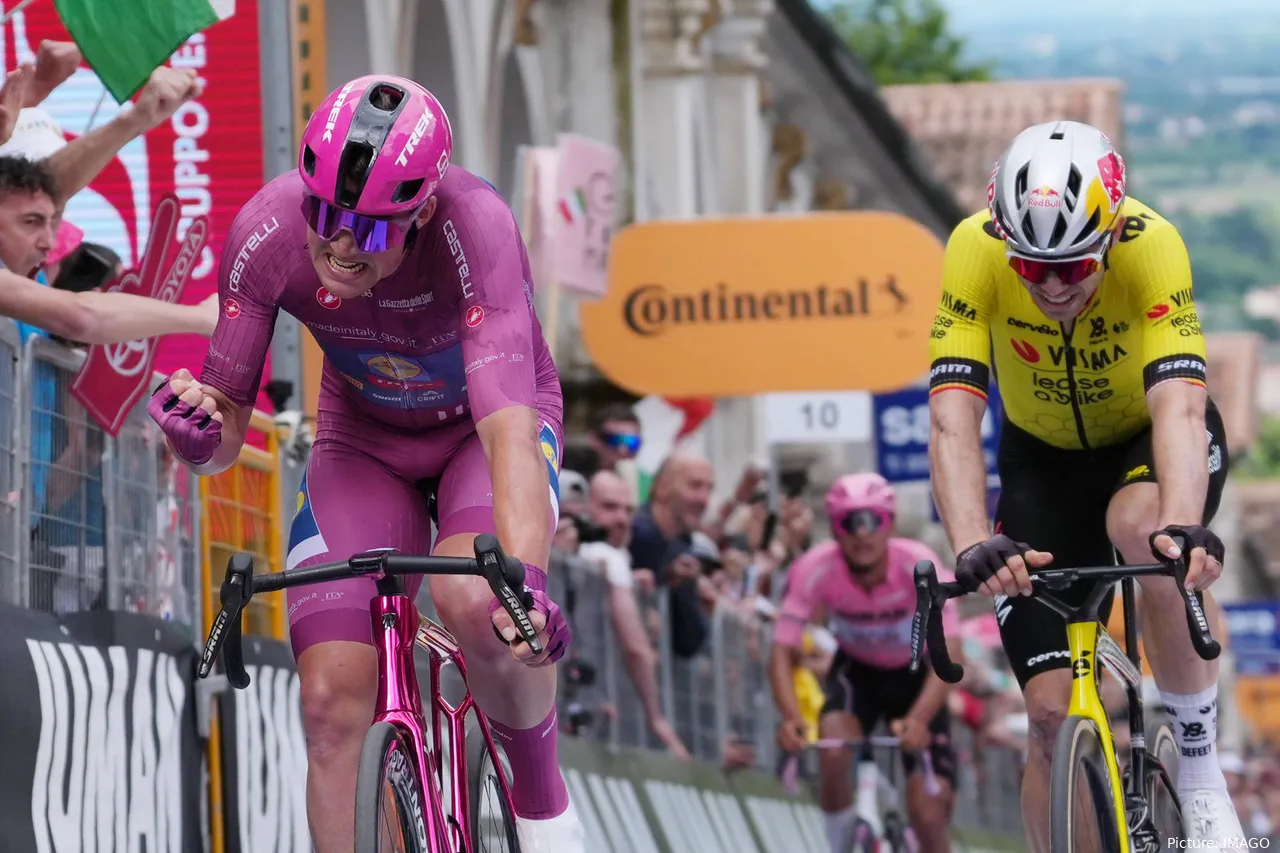
Pedersen came out on top against Van Aert at the Giro
The rivalry between Pedersen and Van Aert is perhaps the
most compelling in the classics scene. Pedersen has something Van Aert wants, a
rainbow jersey. Van Aert has something Pedersen craves, a Monument victory.
Both have won multiple Grand Tour stages. Both have led national teams. But
right now, Pedersen is the one delivering results when it counts.
Ultimately, is Vingegaard the more historically significant
rider? Yes. Two Tour de France titles, a second at the Vuelta, and consistent
dominance at the highest altitude in the sport put him in rare company. No
Danish rider has ever accomplished as much on GC, and very few worldwide have
beaten Pogacar head-to-head.
But Pedersen’s career isn’t over. His range of achievements already are unlike anyone else’s in Danish history, especially with that rainbow
jersey. Not the greatest climber. Not the best GC man. But a rider who can win
anywhere, in any conditions, and against the best.
Read also
claps 0visitors 0
Just in
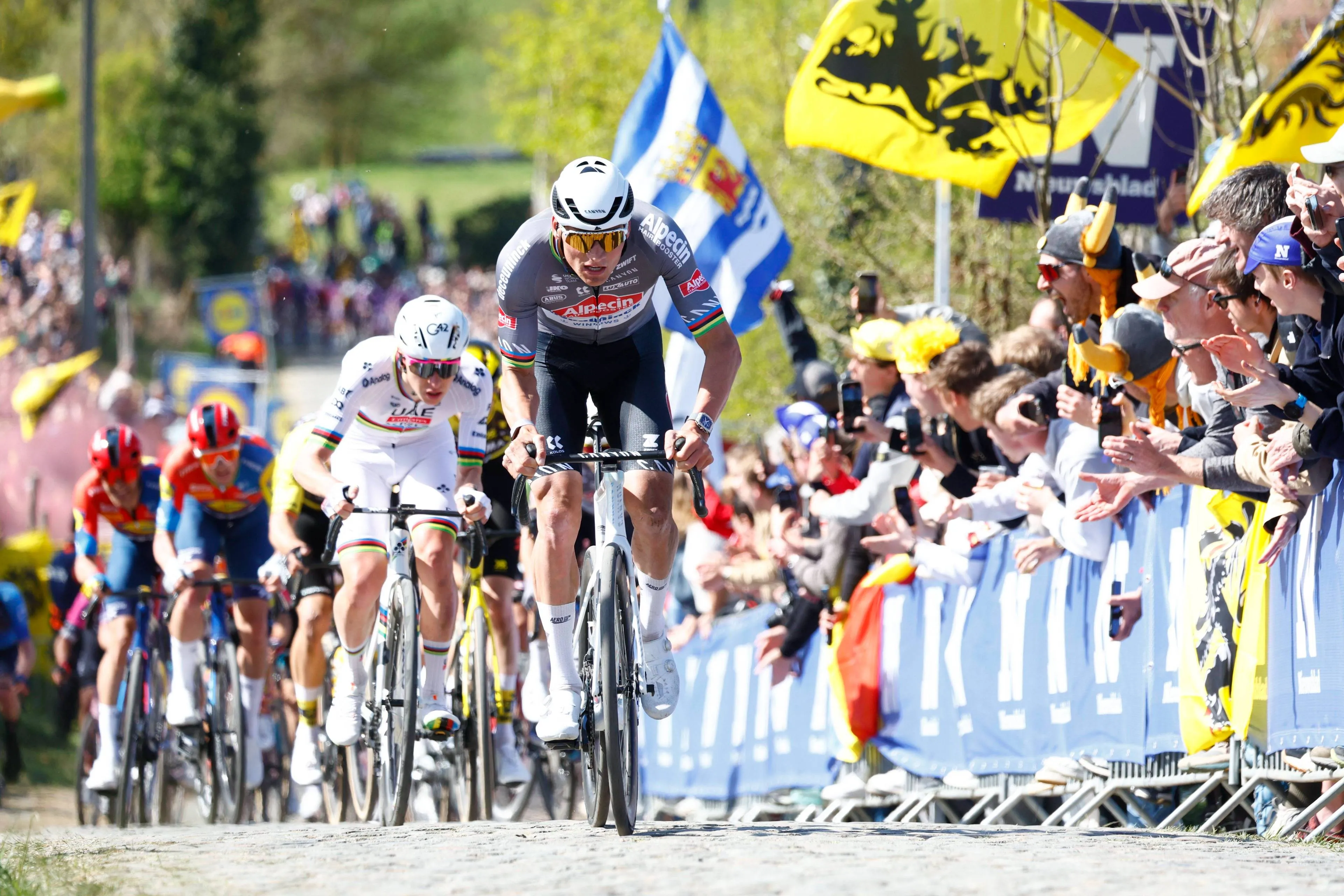
Subscribe to our Daily Newsletter today!
May 12, 11:09
0
Popular news
Latest comments
- look at how useful Van Aert can be as a leadout man or sprinter in his own right
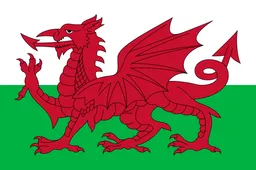 Llywelynglyndwr24-06-2025
Llywelynglyndwr24-06-2025 - Mostly that's because he knows he doesn't have much of a chance, e.g in the olympics. I think that if he had a proper chance to get something out of the mountain stages [i.e if he had a GC leader]
 Llywelynglyndwr24-06-2025
Llywelynglyndwr24-06-2025 - Not if you like at the climbing times. Then it's like 2-3%Nomadic1924-06-2025
- I mean, he always stood out for consistency/resilience, not just in 2025. ANd not crashes... I don't recall he crashing.
 maria2024202424-06-2025
maria2024202424-06-2025 - Almeida's resilience is phenomenal. I remember a stage of La Vuelta 2023 (l'Angrilu?): he was sick, with a severe cold. The team left him completely alone (discarded). He rode 100km alone, finishing... top 6!. It's usual to see him being dropped/ disappeared, but suddenly, somehow, at the end, arriving in privileged positions. His effort/energy control is brilliant. He's not a super-winner, but he's a fabulous rider
 maria2024202424-06-2025
maria2024202424-06-2025 - I agree. Some teams think riding on the front gives them special powers. It doesn't. All it does is use up resources. Seems like the old traditions and tactics due hard lol. Chris is absolutely right beyond a reasonable doubtcaptmike24-06-2025
- I was referring to pre-race to be more preciseMistermaumau24-06-2025
- Sometimes yes, sometimes no, there have been races where he’s been peculiarly unresponsive to challengesMistermaumau24-06-2025
- Alot of people thought it was equal after Stage 11. Obviously the bookies put Vingegaard above Pogačar after stage 11, because they are designed for the company to win.
 Llywelynglyndwr24-06-2025
Llywelynglyndwr24-06-2025 - Solution: 5 different races, one for each discipline, just like in track cycling. One each for TTT, ITT, Flat (Sprint), Hilly (Classic), Mountain (Climbing).
 Llywelynglyndwr24-06-2025
Llywelynglyndwr24-06-2025
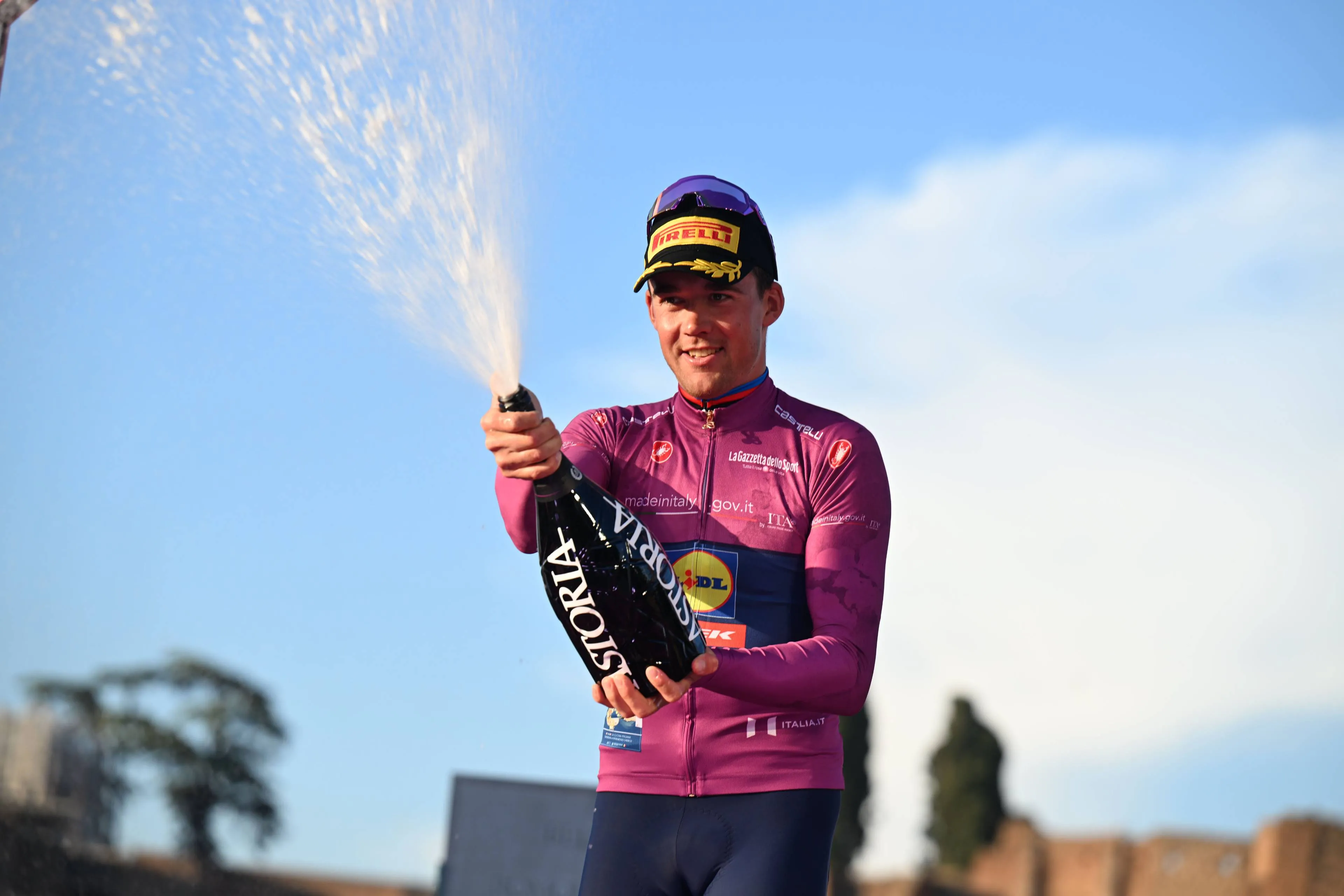
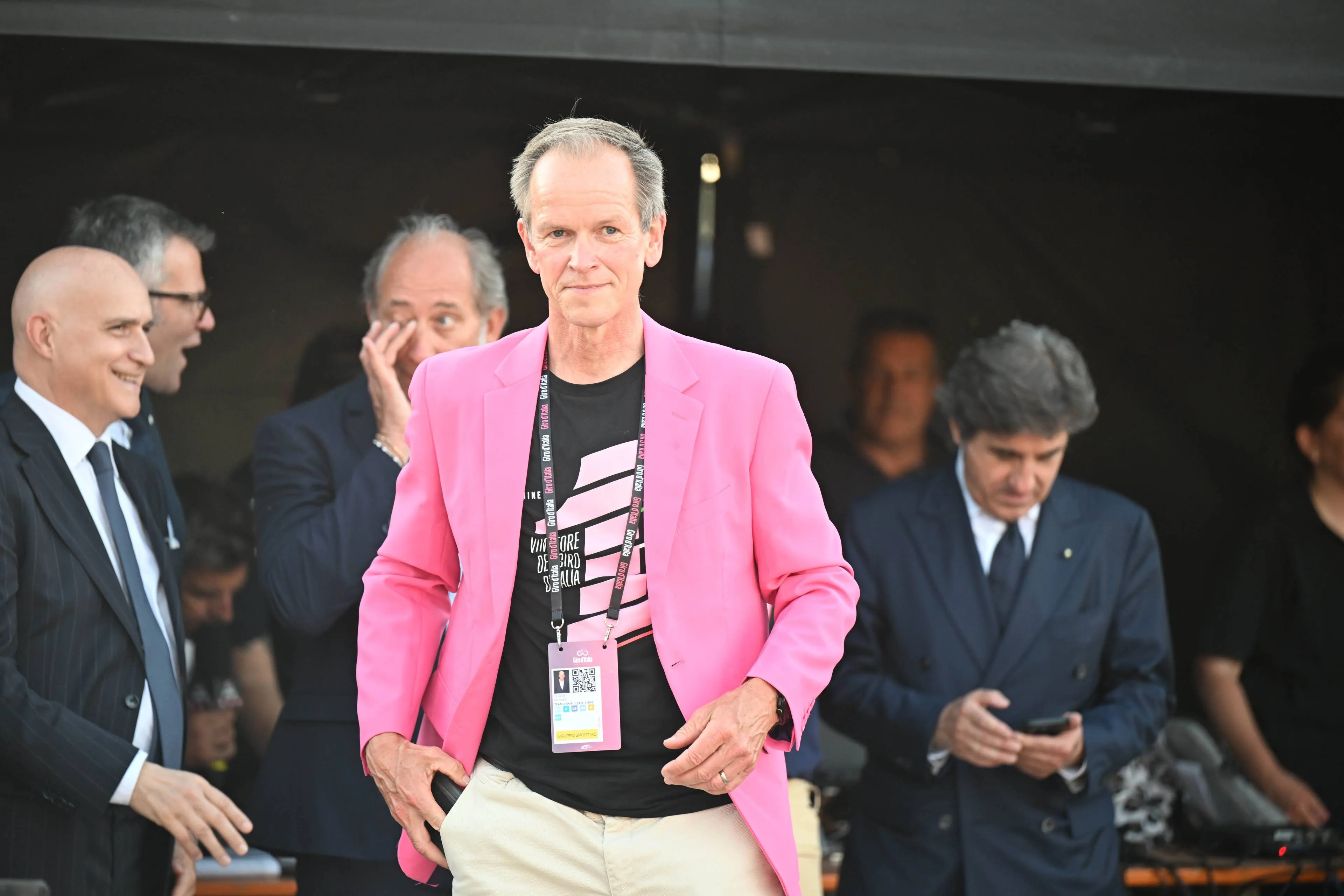
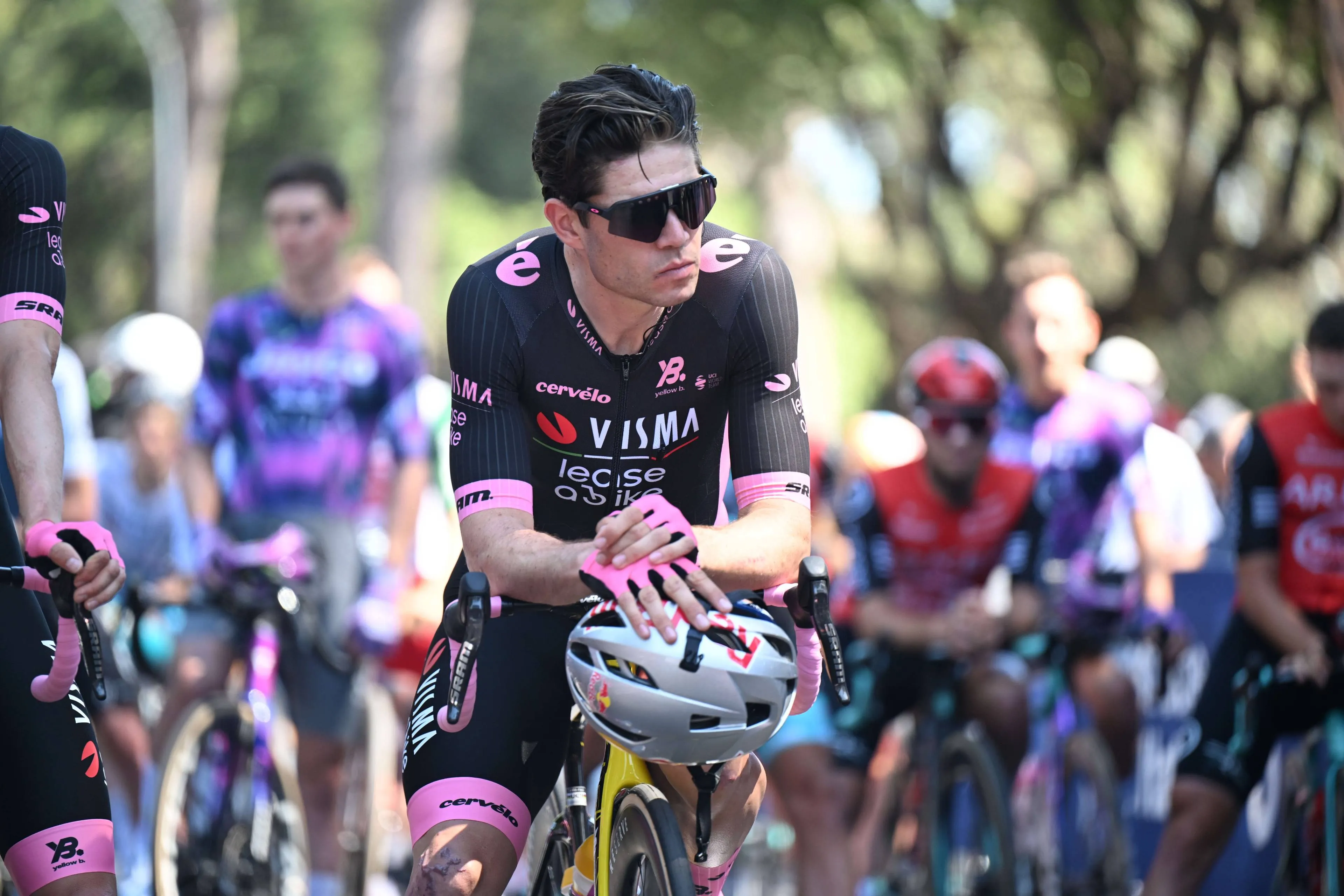
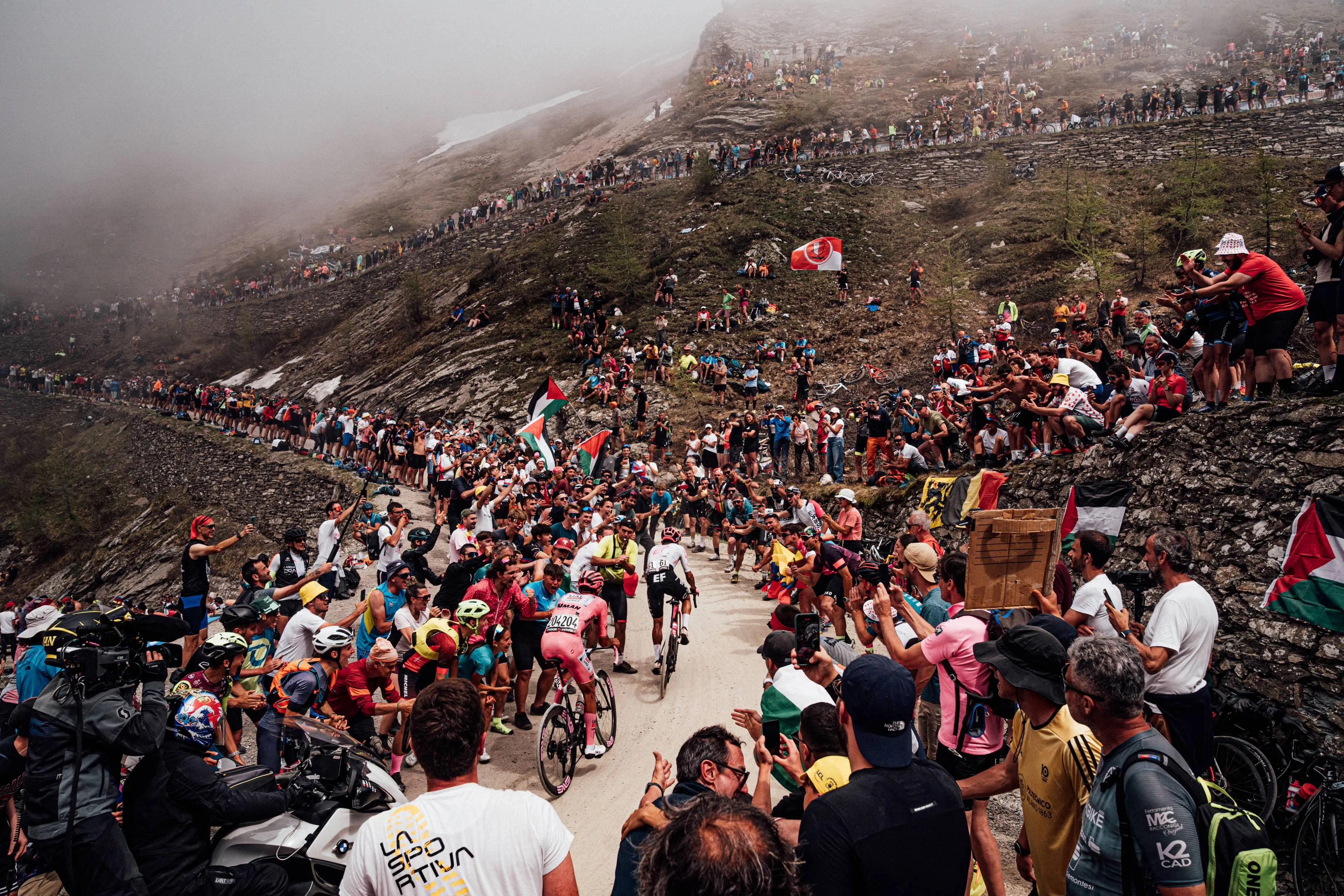
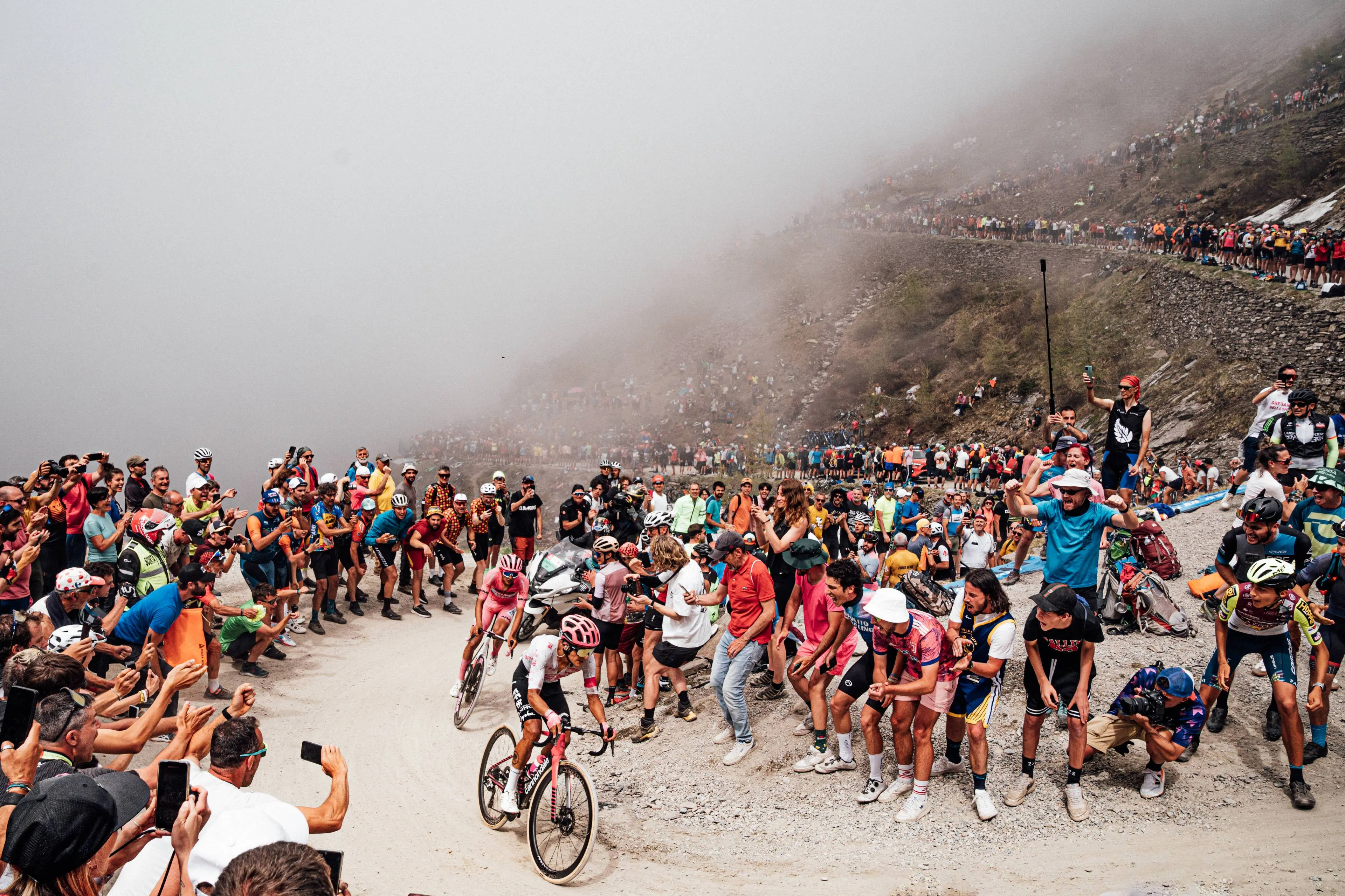
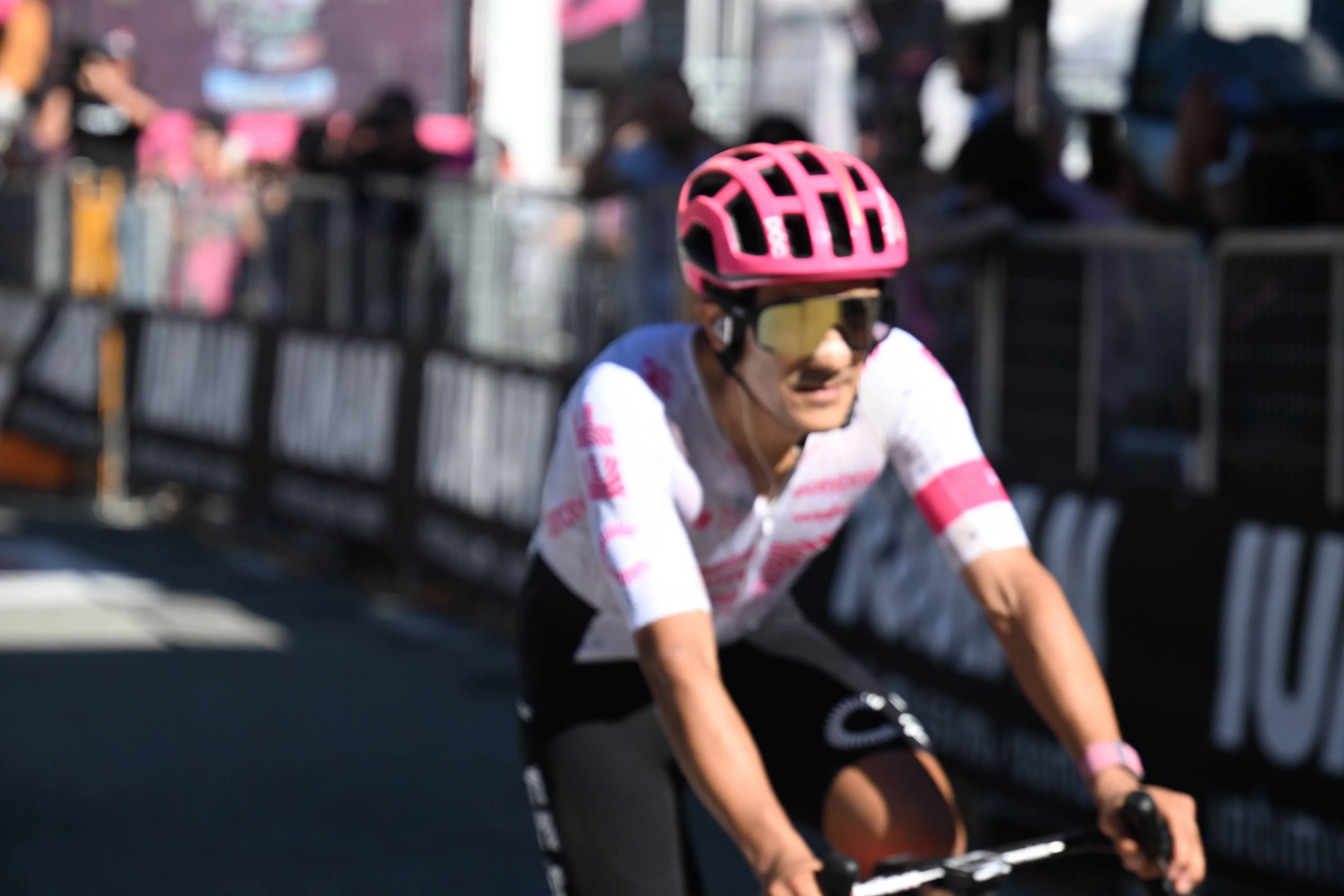
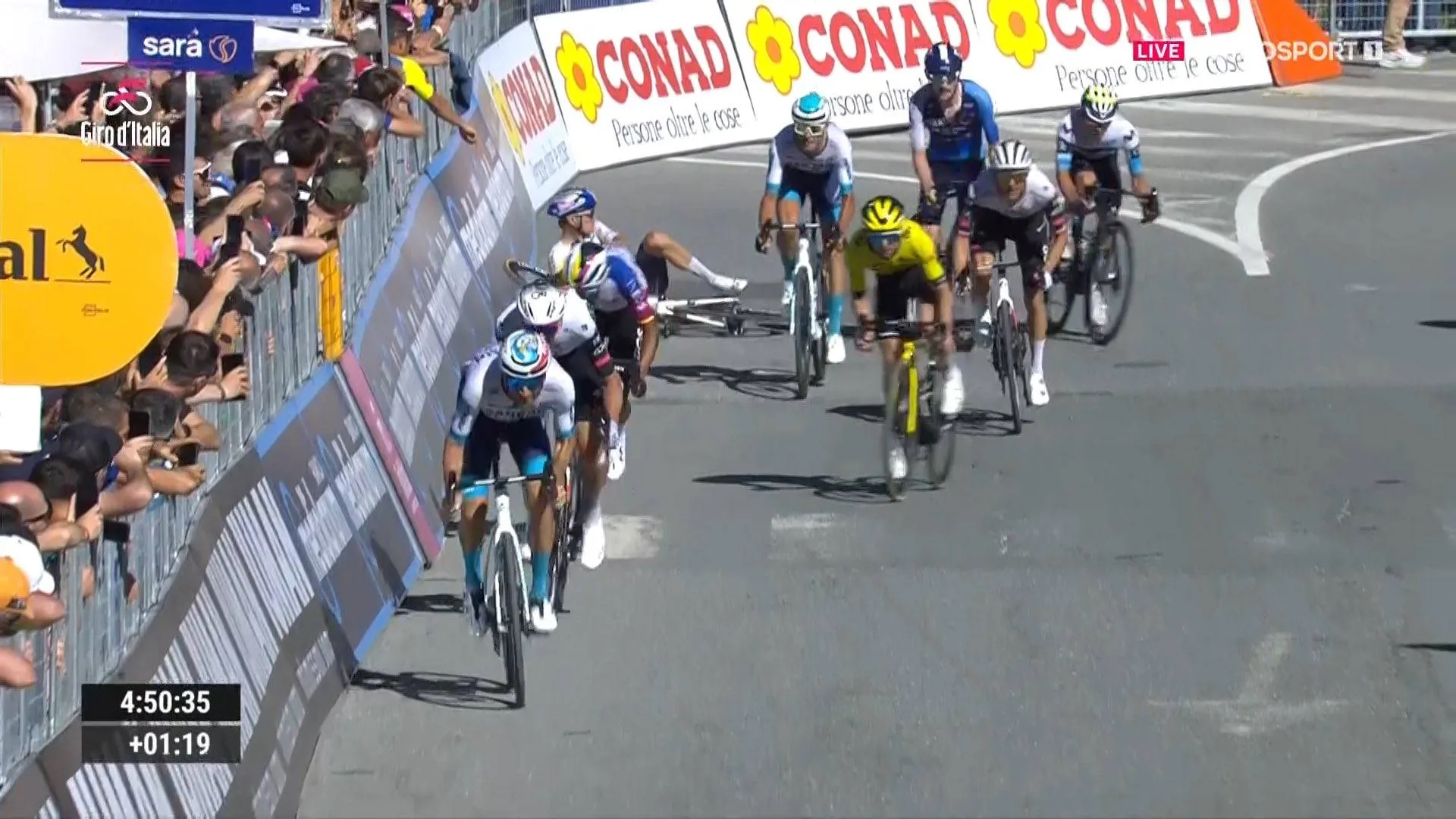
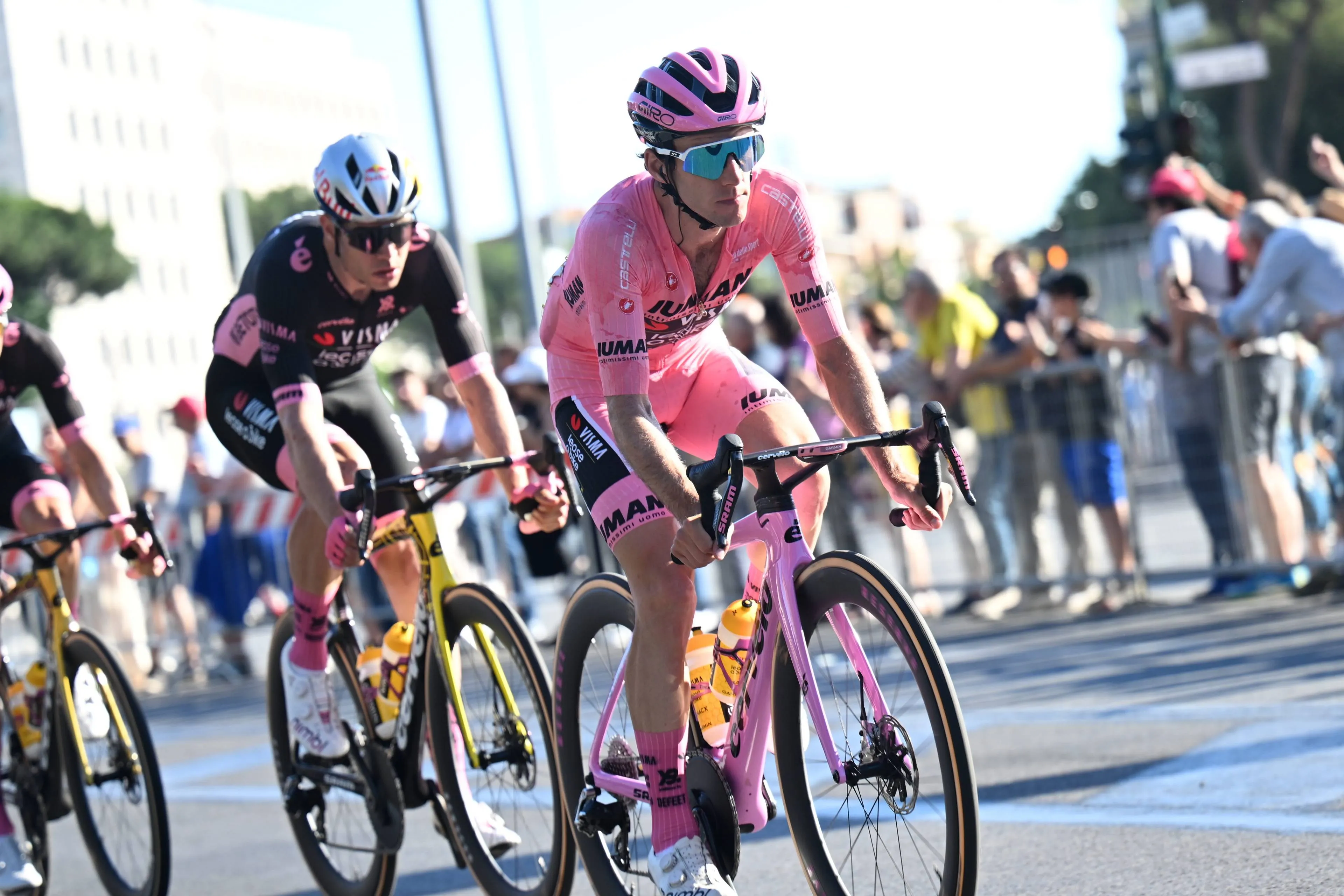

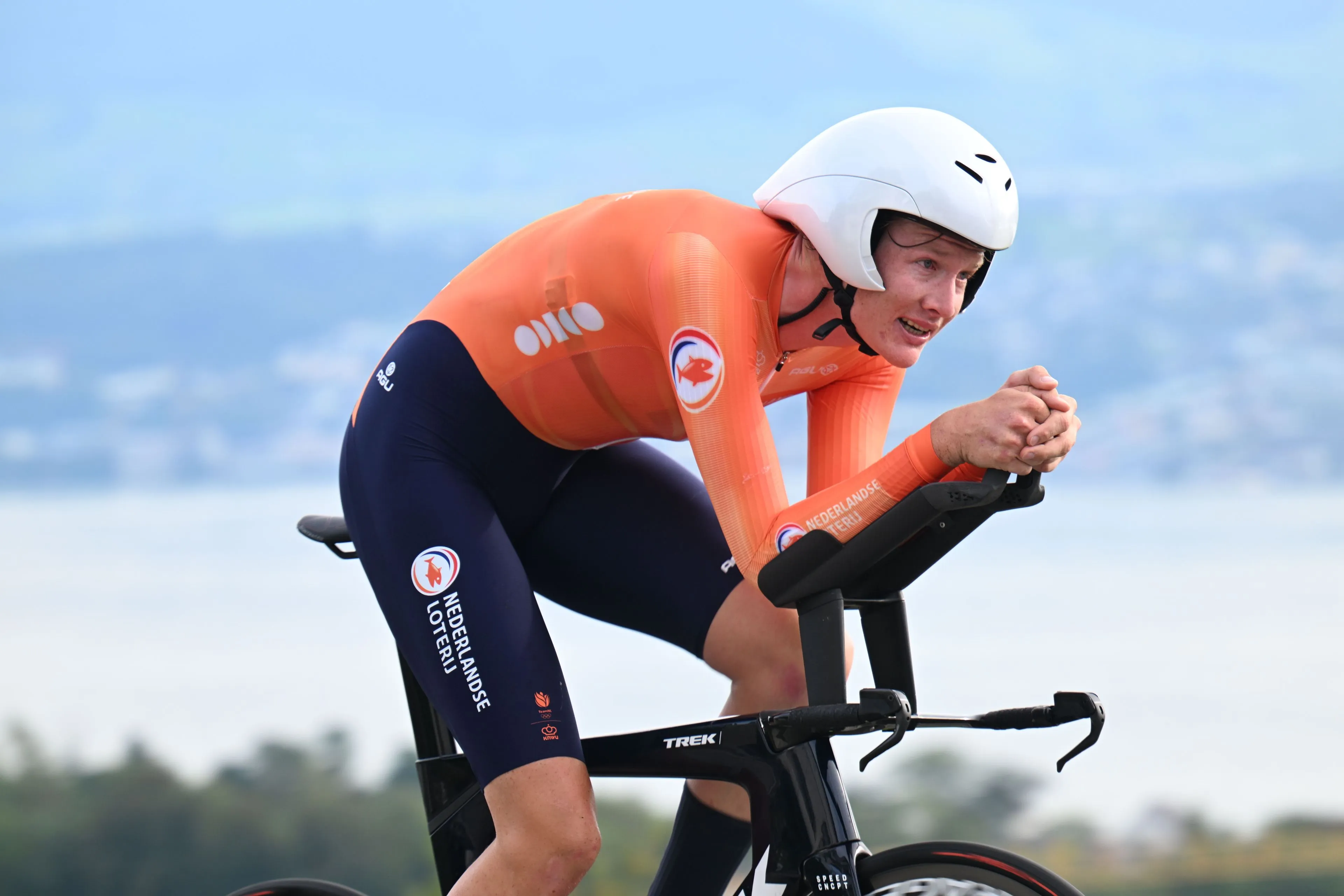
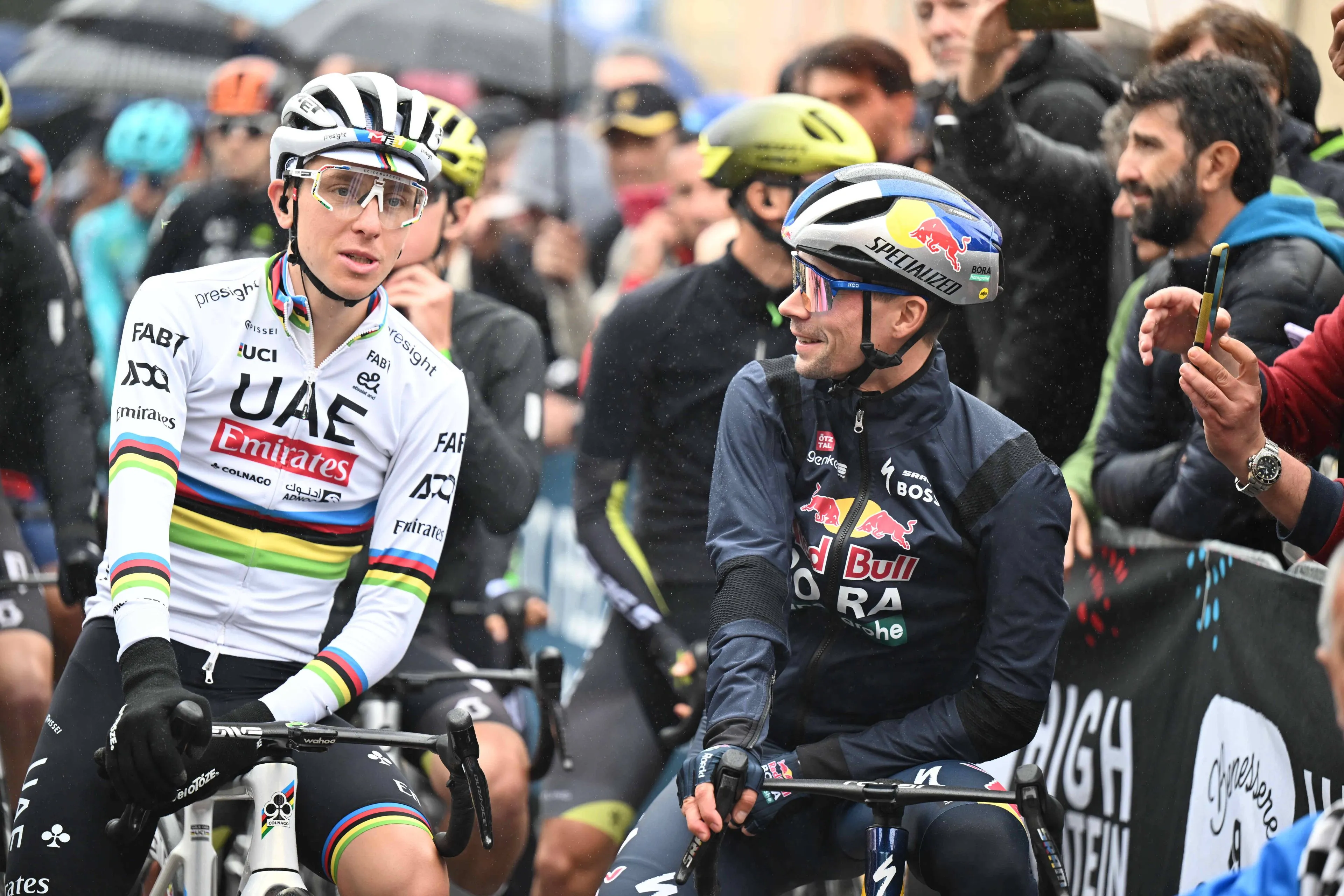
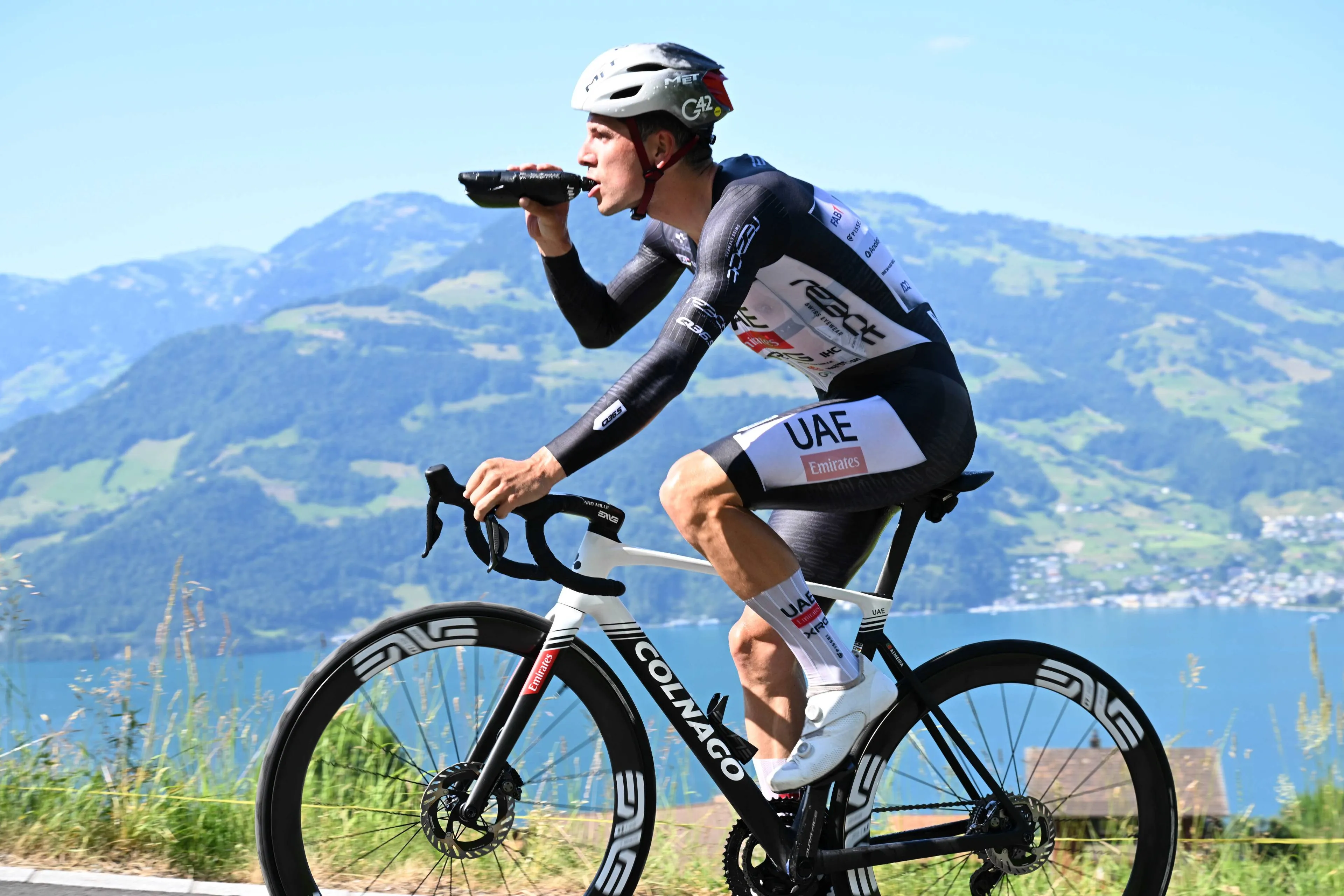

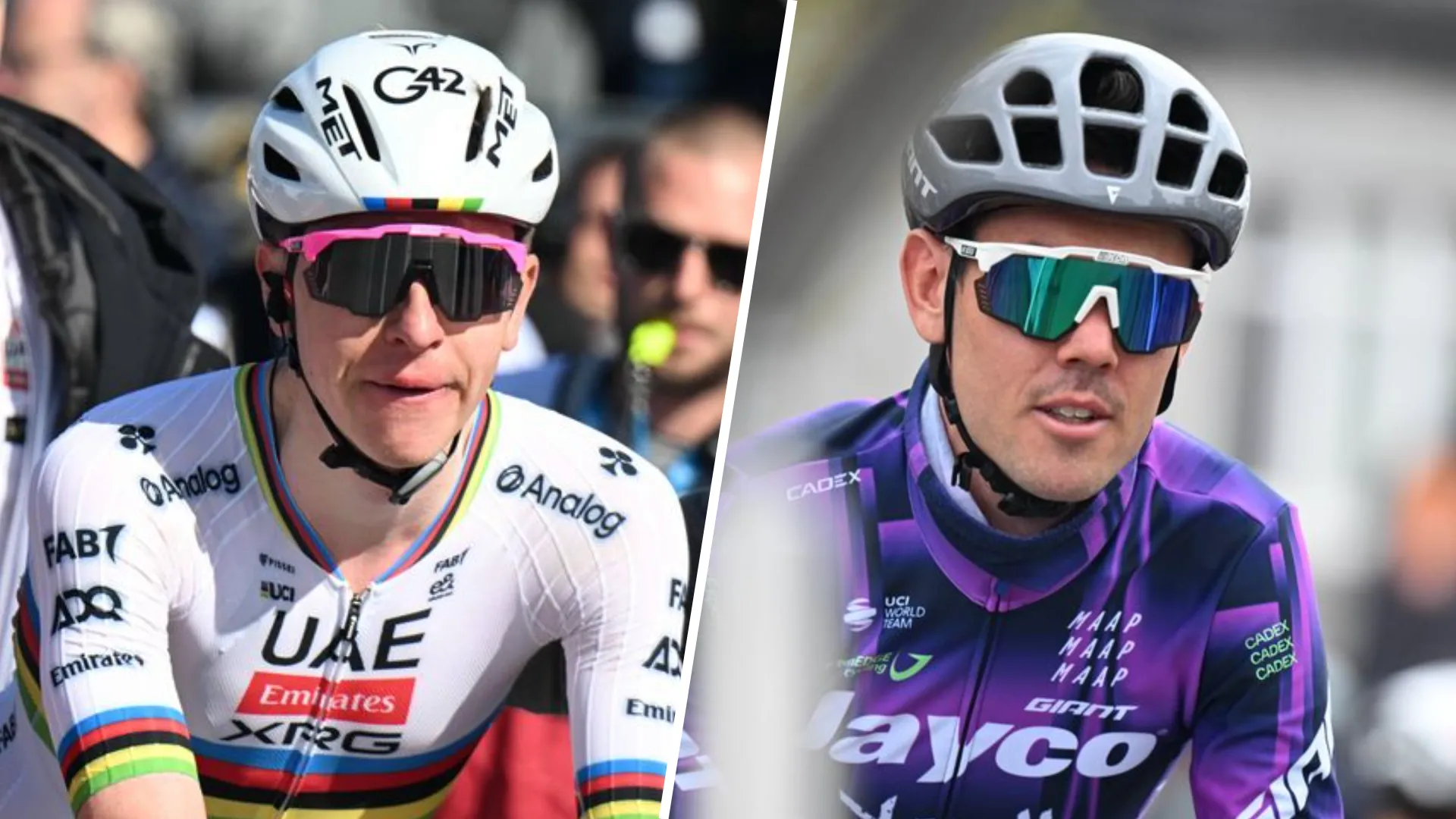
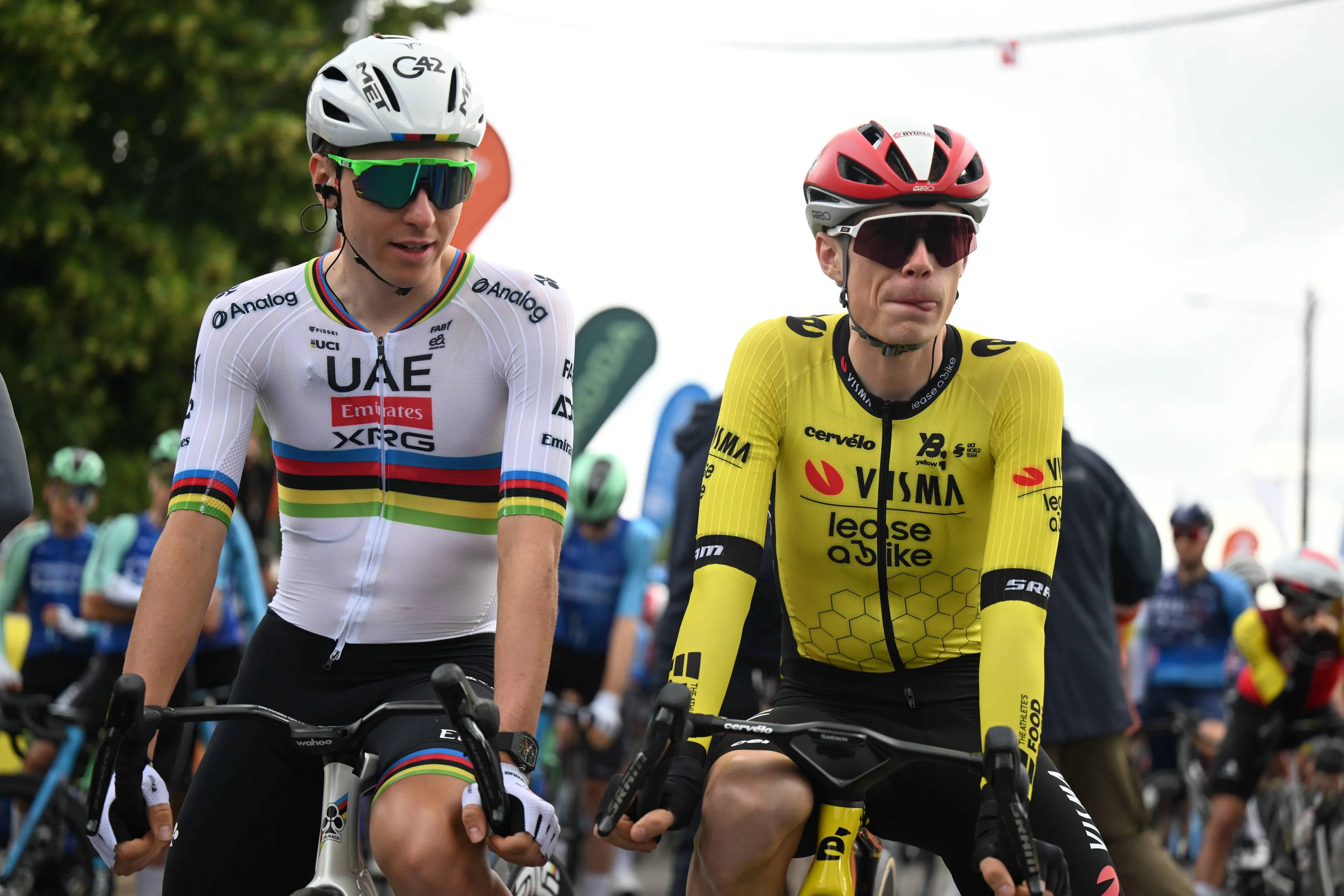
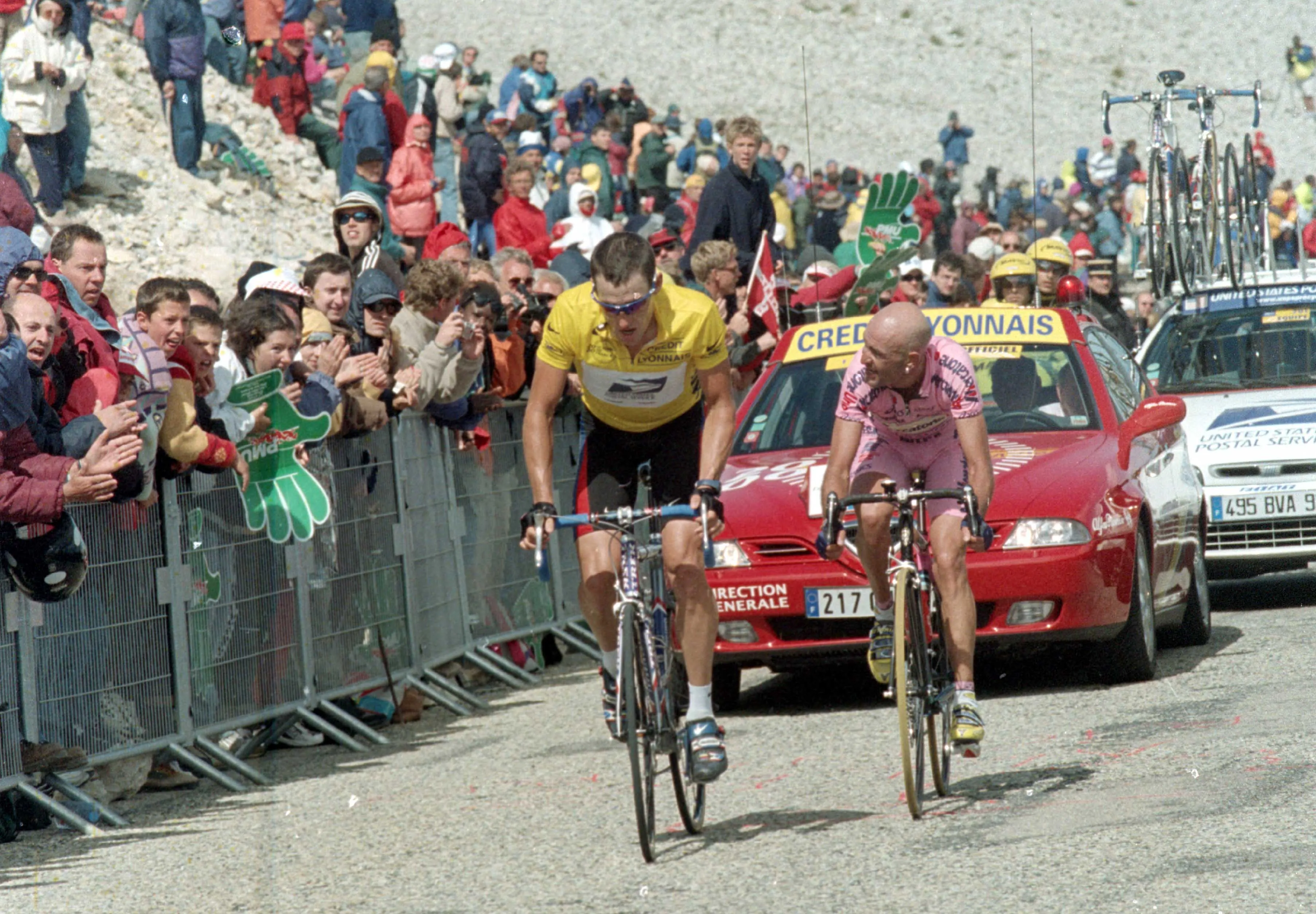
Pedersen... performs at the highest levels all year round not just in July